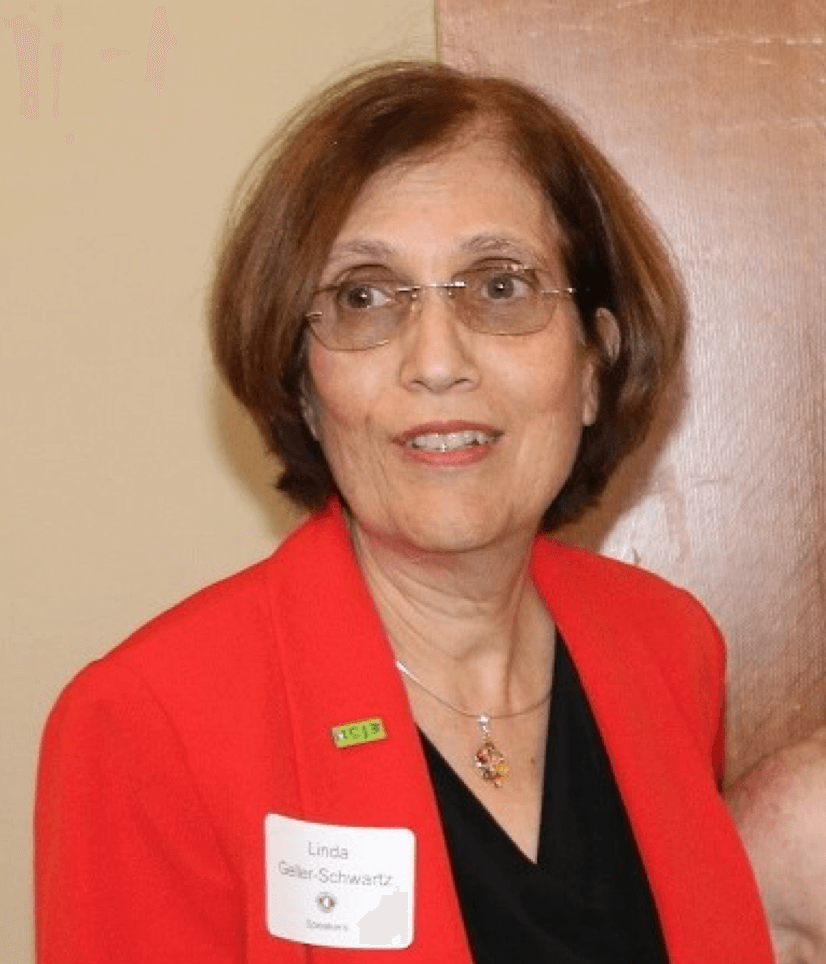The New Civil Rights Battle: The Struggle to Implement Amendment #4
The New Civil Rights Battle:
The Struggle to Implement Amendment #4
by Dr. Linda Geller-Schwartz
This is a story about equality, about justice and, ultimately, about democracy. It is about the historic struggle to create the kind of nation that America professes to be. But, as frequently happens, those with power have made every effort to bend the moral arc of the universe, in Martin Luther King’s Jr. famous statement, away from justice – not towards it.
On Tuesday, November 6, 2018, close to 65% of voters approved an amendment to the Florida Constitution to restore voting rights to approximately 1.4 million people who had committed a felony and been disenfranchised, possibly for life. As Howard Simon, Executive Director of the ACLU proclaimed at the time: “This is transformative in Florida…We will no longer have second class citizens.” For the thousands of volunteers, who had worked hard to have Amendment #4 passed, this was a night of euphoria. The people had spoken with a strong bi-partisan voice in favor of correcting one of the major injustices in Florida. Little did we know what was to come.
To tell this story, it is necessary to provide some context.
History of Disenfranchisement
South Florida residents, a significant number of whom are Northeastern transplants, do not regard Florida as a southern state with a shameful history of slavery and a role as a founding member of the Confederate states. They just see Florida as New York state, without the snow. However, Florida’s Constitution and politics are very much shaped by the injustices of Reconstruction and the Jim Crow period.
After the Civil War, the U.S. Congress passed the Reconstruction Amendments: The 13th Amendment which emancipated the slaves, the 14th Amendment which granted equal citizenship to freed slaves, and the 15th Amendment which prohibited denial of the right to vote based on “race, color or previous condition of servitude”. Florida, along with nine other Confederate states rejected the 14th Amendment in 1866. The following year, Congress passed the Reconstruction Act which required each state to extend voting rights to all males, regardless of race.
About the Author

Linda Geller Schwartz, Ph.D.
Board Member
Linda Geller Schwartz is a former adjunct professor at Florida Atlantic University in the Women’s Studies Center and the Department of Sociology. Her principal areas of focus were problems facing women in the workplace, including sexual harassment and occupational sex segregation. Linda was also the director general of the Women’s Bureau in the Federal Department of Labor in Canada, and a senior policy advisor in the government.
Related Articles
What Comes After Maduro Is the Real Test
On the morning of January 3, U.S. special operations forces arrested Venezuelan leader Nicolás
Maduro in a highly coordinated operation that immediately drew global attention. U.S.
authorities allege that Maduro oversaw an extensive drug-trafficking network that harmed
American interests. Critics, some quoted by The New York Times, questioned whether the scale
of narcotics flows from other regions poses a more immediate threat, raising broader questions
about the operation’s justification.
Conquering Venezuela
After weeks of attacking Venezuelan boats that may or may not have been carrying drugs—drugs
that may or may not have been fentanyl—on vessels that may or may not have been bound for
the United States, and where the attacks may or may not have involved the killing of
shipwrecked crew members
The Venezuelan Regime’s Criminal Architecture: Drug Trafficking, Foreign Alliances, and Institutional Collapse — Part II
In the first part of this interview, Luis Fleischman, an expert in international relations, sociology professor at Palm Beach State College, and founding co-chair of the Palm Beach Center for Democracy, revealed the criminal roots that sustain the Nicolás Maduro regime and its close collaboration with armed groups and illicit structures operating inside and outside Venezuela.

The Center is a gathering of scholars, experts and community stakeholders, that engage in research and dialogue in an effort to create practical policy recommendations and solutions to current local, national, and international challenges.
EXPLORE THE CENTER
FOCUS AREAS
©2025 The Palm Beach Center for Democracy and Policy Research. All Rights Reserved
